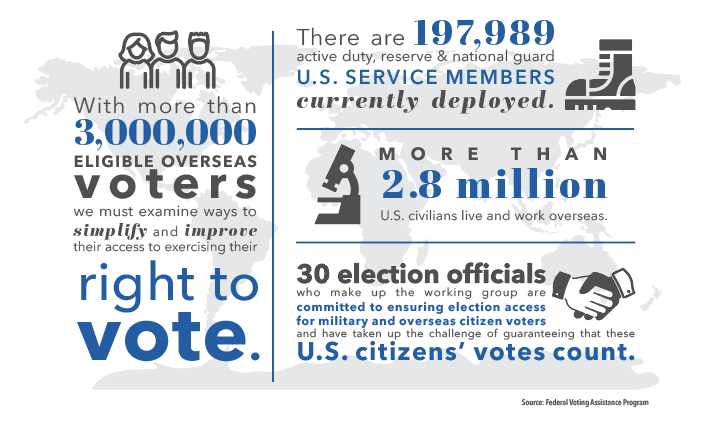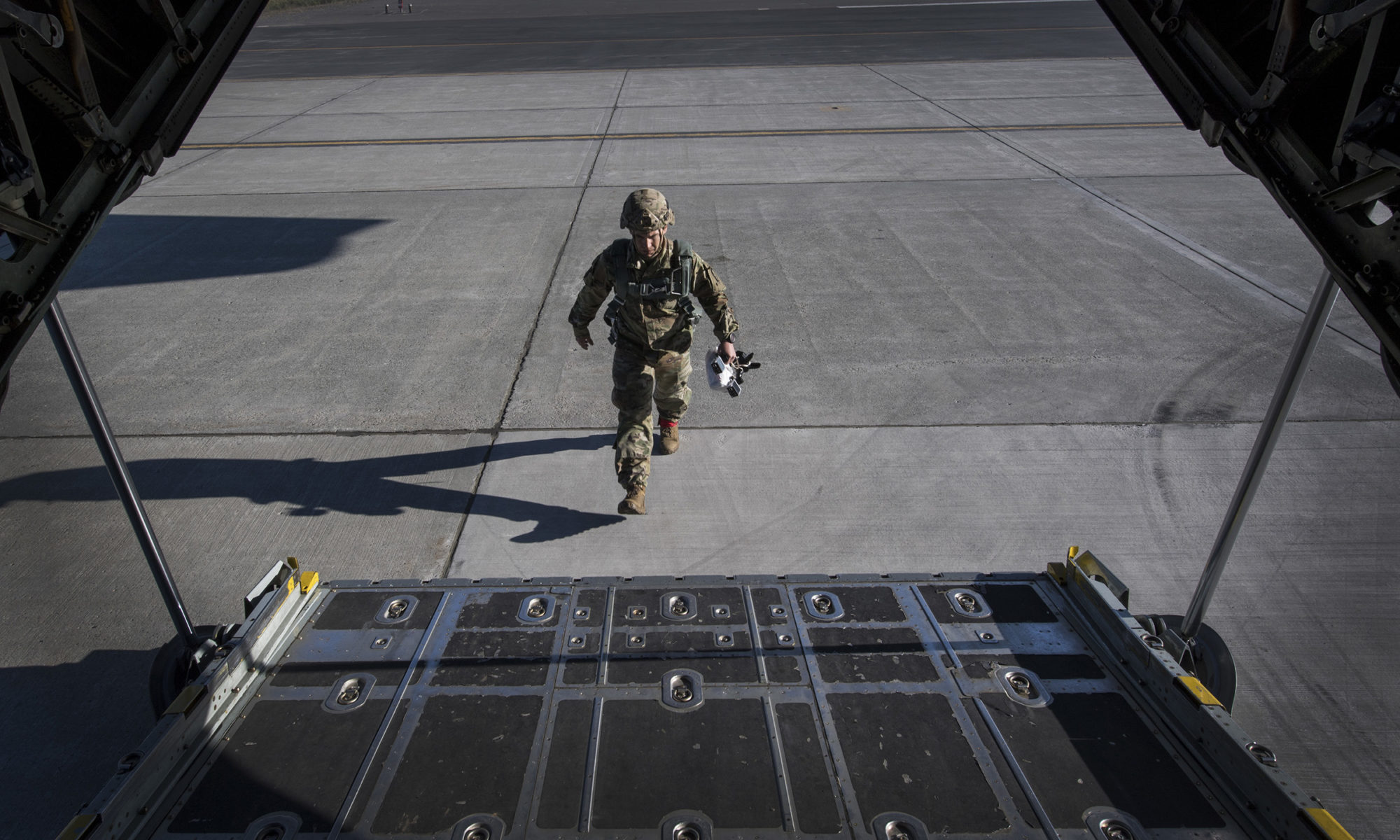Members of the military serving abroad and other U.S. citizens residing overseas face unique challenges when trying to obtain and cast their ballots in U.S. elections. Service members deployed to the Middle East and working from remote forward operating bases, scientists at McMurdo Station in Antarctica, Doctors Without Borders staff aiding communities in remote villages, and others in difficult-to-access locations often have to overcome hurdles to exercise their right to vote. Mail operations can be intermittent or even nonexistent. Power, and therefore access to electronic communications, can be unreliable.
As a result, election officials face a daunting challenge in accommodating these voters. Officials are further hamstrung by outdated systems that are too costly, in terms of both capital and human resources, to update. Many of these systems were created by federal grant money that no longer exists and was never intended to be used for updates.
A group of 13 election officials who are committed to ensuring election access for military and overseas citizen voters have taken up the challenge of examining the different approaches states and jurisdictions have taken. These officials have identified what areas need further research to ensure citizens abroad can participate in U.S. elections.

OVI is dedicated to ensuring that states and election jurisdictions are creating policies and practices that assist UOCAVA voters. We do this through research and report writing and development of a data standard for the Election Administration and Voting Survey Section B.

